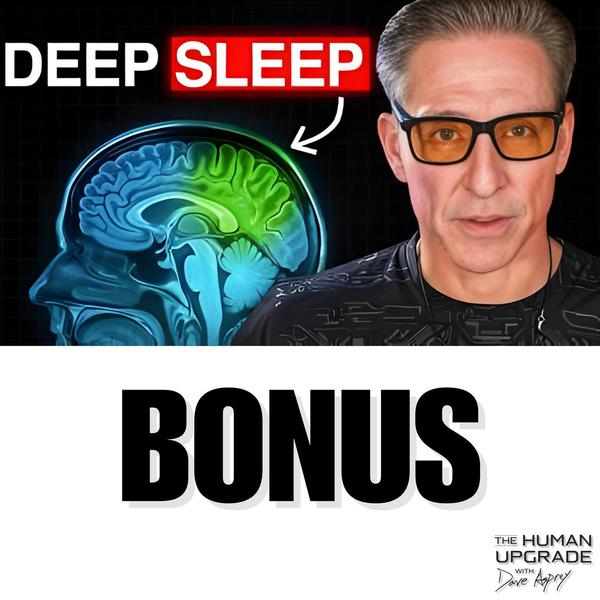Journal club with Andrew Huberman: the impact of light exposure on mental health and an immunotherapy breakthrough for cancer treatment
Peter Attia
Jan 22, 2024
Mindsip insights from this episode:
Unleash immune power with checkpoint inhibitor cancer drugs
Modern checkpoint inhibitor cancer drugs work by blocking the "brakes" on the immune system (like CTLA-4), unleashing its natural power, rather than by adding "gas" like older therapies.
Utilize intentional darkness at night to enhance mental health
Getting intentional dark exposure at night is an independent and powerful factor for improving mental health, separate from the benefits of daytime light.
Use Tu o light to stimulate euphoria and enhance circadian rhythms
A specific light bulb called the "Tu o" (2o) light mimics the blue-orange contrast of sunrise and may induce mild euphoria by powerfully stimulating circadian pathways.
Limit stress-inducing phone content before bed for better sleep
The stress-inducing content you consume on your phone before bed, like doomscrolling or work emails, is likely more disruptive to your sleep than the blue light itself.
View evening sun to reduce melatonin suppression from artificial light
Viewing the evening setting sun can halve the melatonin suppression caused by artificial light exposure later at night.
Utilize color vision to regulate circadian rhythms
Color vision likely evolved first for setting our internal circadian clocks by detecting the unique color contrasts of sunrise and sunset, not for aesthetic purposes.
Incorporate four daily light stimuli for optimal health
For optimal mental and physical health, you need four light stimuli: low-angle morning sun, bright midday light, low-angle evening sun, and darkness at night.
Uncover cancer's evasion tactics against immune recognition
At least 80% of solid organ tumors have antigens that are recognizable by the host's immune system, yet cancer has evolved clever ways to hide from it.
More from
Peter Attia
AMA #78: Longevity interventions, exercise, diagnostic screening, and managing high apoB, hypertension, metabolic health, and more
Ketogenic diet, ketosis & hyperbaric oxygen: metabolic therapies for weight loss, cognition, Alzheimer's & more | Dom D'Agostino, Ph.D.
The evolutionary biology of testosterone: how it shapes male development and sex-based behavioral differences, | Carole Hooven, Ph.D.
The impact of gratitude, serving others, embracing mortality, and living intentionally | Walter Green (#288 rebroadcast)
Thyroid function and hypothyroidism: why current diagnosis and treatment fall short for many, and how new approaches are transforming care | Antonio Bianco, M.D., Ph.D.
You also might be interested in
Your Brain Has A Sleep Switch (Do THIS To Turn It On)
How To COOL Your Body For Better Sleep, INCREDIBLE Travel Sleep Tips & Orion Vs. Eight Sleep With Dr. Michael Breus
Everything You Need To Know About Sleeping Better, Hacking Sleep, Sleep Cycles, Insomnia, Sleep Apnea & More With Dr. Daniel Gartenberg (Best of LIFE Network's Experts!)
This Commonly Missed Disease Can Rapidly Age Your Brain
This Commonly Missed Diagnosis Leads to Rapid Brain Aging









